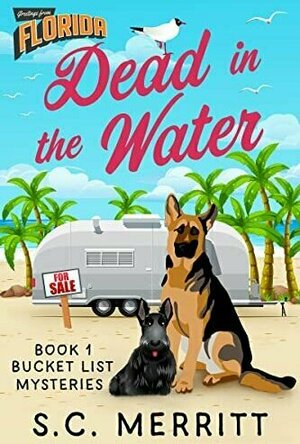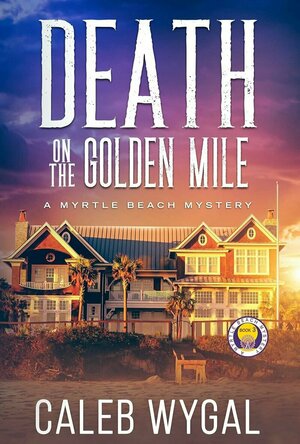
Farming Simulator 16
Games
App
Manage your own farm and drive massive machines in an open world! Farming Simulator 16 allows you...
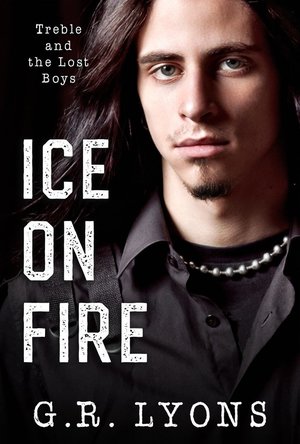
Ice on Fire (Treble and the Lost Boys #1)
Book
Zac Cinder is on the verge of making his dream come true. His punk rock band, Inferno, might have a...
M_M Fantasy Romance
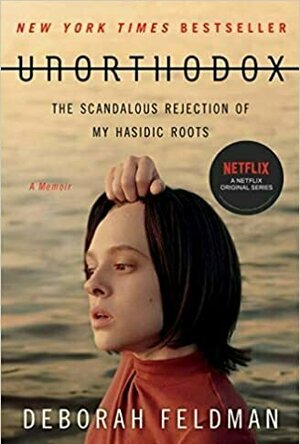
Unorthodox: The Scandalous Rejection of My Hasidic Roots
Book
Now a Netflix original series! Unorthodox is the bestselling memoir of a young Jewish woman’s...
Mark @ Carstairs Considers (2478 KP) rated Dead in the Water in Books
Mar 28, 2022
This book sets up a promising new series with a sub plot involving Maisie and Dot getting an RV to travel. That premise is what drew me to the book. It’s is much shorter than the books I read, and I did notice the difference. Characters and descriptions were a bit thin, and the plot felt a bit rushed. A few more pages to allow everything to breath would have been nice. But that’s not to say I didn’t enjoy the book. I appreciated the set up we got before the murder, introducing suspects and motives. The climax was great as well. I like Maisie and Dot, and I’m definitely planning to join them for more trips.
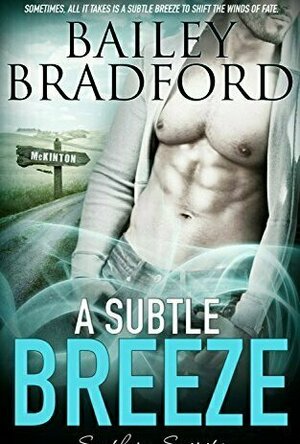
A Subtle Breeze (Southern Spirits #1)
Book
Ezekiel Matthers and Brendon Shanahan are about to find out that sometimes all it takes is a subtle...
MM Paranormal Romance
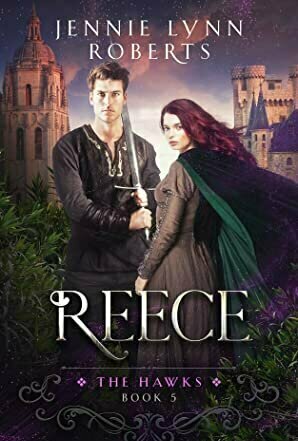
Reece (The Hawks #5)
Book
She’s everything he doesn’t want. Honorable. Beautiful. Strong… wait, what? Reece lost...
Adult Fantasy Romance
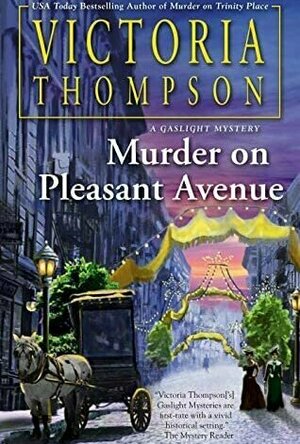
Murder on Pleasant Avenue
Book
When midwife Sarah and detective Frank Malloy’s friend and new partner Gino Donatelli is accused...
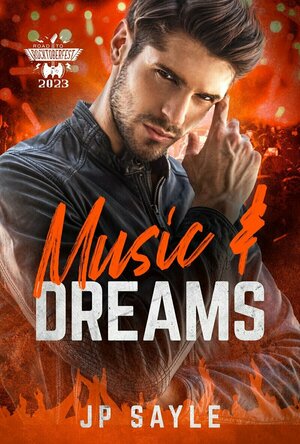
Music & Dreams (The Road to Rocktoberfest 2023)
Book
Can one man’s dreams help him reach another man’s heart? Lorcan Swain has the world at his...
Contemporary Rockstar MM Romance
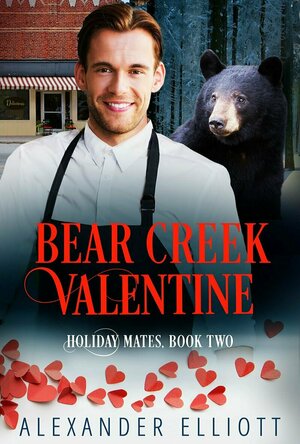
Bear Creek Valentine (Holiday Mates #2)
Book
Over a decade ago, bear shifter, Dash Hawthorn, tragically lost his mate near Valentine’s Day....
MM Paranormal Romance Seasonal
Mark @ Carstairs Considers (2478 KP) rated Death on the Golden Mile in Books
Apr 17, 2025
The plot employs a few mystery cliches, and I did roll my eyes a couple of times at them. I also spotted a key clue early on. Overall, the mystery is good, however, with an ending that did surprise me. We don’t see quite as much of the supporting players as we might, but I did appreciate the updates on them. That also includes a little forward progress on Clark’s wife’s murder, an ongoing story. I did spot a couple of timeline issues, but they were more annoying than anything else. We meet the suspects at one time, but it wasn’t long before I was able to keep them all straight. As always, I enjoyed the vacation setting of the series. Those who enjoyed the first two books will be glad they picked this one up.
